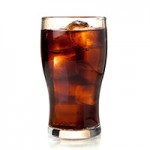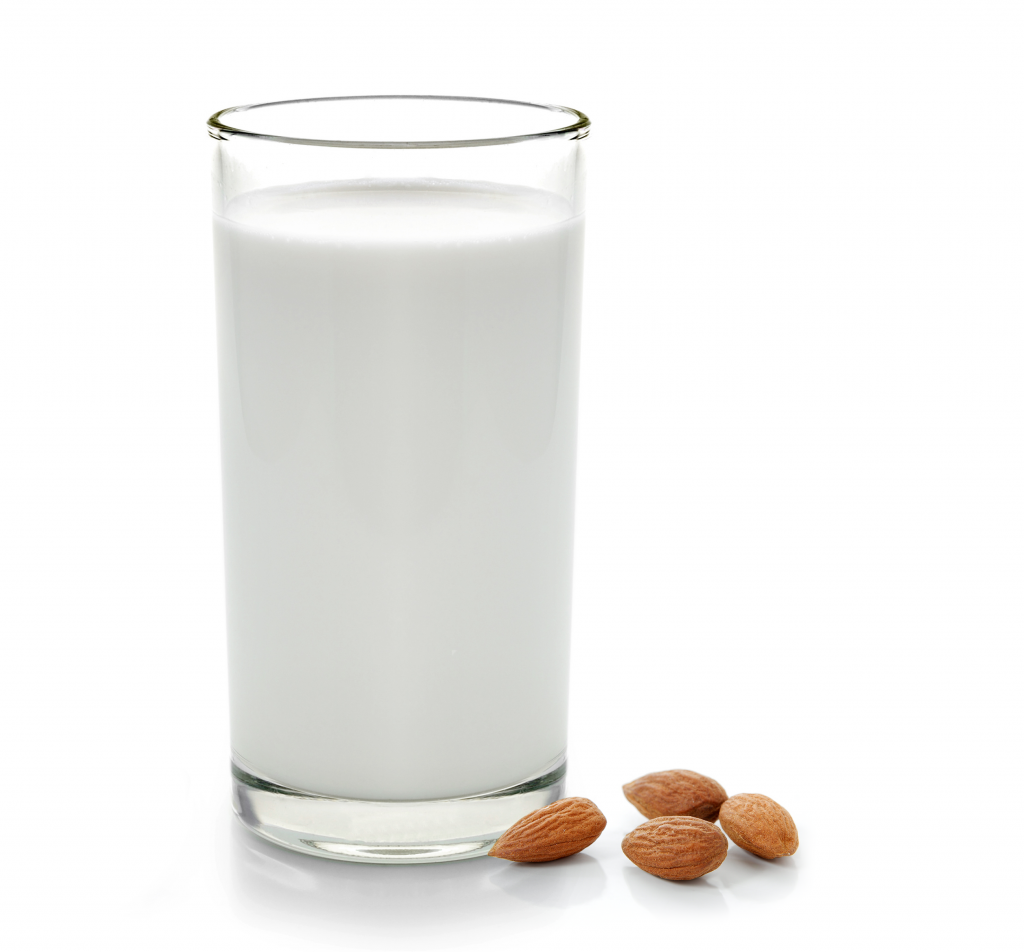 In a victory for consumer choice and basic common sense, Maryland’s Howard County Executive, Allan Kittleman, signed an executive order yesterday repealing the county’s ban on sugar-sweetened drinks. The ban prevented soda and other similar products from being sold on county property and at county-sponsored events.
In a victory for consumer choice and basic common sense, Maryland’s Howard County Executive, Allan Kittleman, signed an executive order yesterday repealing the county’s ban on sugar-sweetened drinks. The ban prevented soda and other similar products from being sold on county property and at county-sponsored events.
In the activist telling, soda is a product non grata. Berkeley, California, which has to be the capital of the modern nanny state, recently enacted a punitive soda tax. NY Times columnist Mark Bittman called for a “National Food Policy” that would come with governmental “de-normalization” — punishment with the full force of law — of soft drink consumption. (We’d like to see the “de-normalization” of elitist food snobs at the New York Times, but doubt we’ll see that in our Christmas stocking this year.)
But Kittleman ran against the activist grain and repealed the ban. After signing the executive order, Kittleman noted that “better education is the key to dealing with this issue, not simple bans” and that “intelligent choices on nutrition and dietary practices should be the goal of all citizens.” When soft drinks only supply roughly six percent of Americans’ daily calories, the singular focus on soda suggests that activists have politics, not health, in mind.
Perhaps he should share a cola (or diet soda if he chooses) with recently re-elected New York Supreme Court Judge Milton Tingling, who famously struck down former Mayor Bloomberg’s anti-soda power grab.
As a recent Quinnipiac poll found, opposition to these measures transcends gender, race, and political parties. Black, white, man, woman, Republican, Democrat—it doesn’t matter. The idea of limiting consumer choice in regards to soft drinks is broadly opposed.
The activists claim that they have the wind at their back because a political outlier city sided with their agenda. Meanwhile, where the anti-food-choice agenda has been tried, politicians are running from it and reversing it. Keep up the fight.




